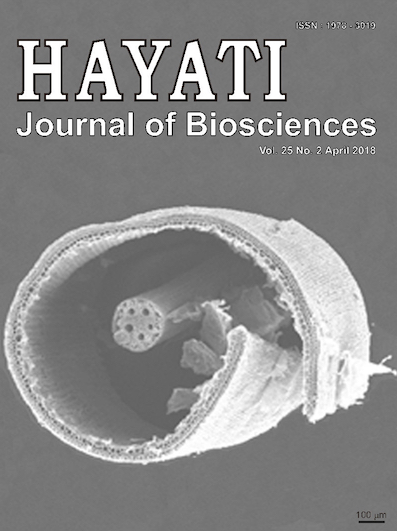Nuclear factor I/A coordinates the timing of oligodendrocyte differentiation/maturation via Olig1 promoter methylation
Abstract
Transcription factors (TFs) and epigenetic modifications function cooperatively to regulate various biological processes such as cell proliferation, differentiation, maturation, and metabolism. TF binding to regulatory regions of target genes controls their transcriptional activity through alteration of the epigenetic status around the binding regions, leading to transcription network formation regulating cell fates. Although nuclear factor I/A (Nfia) is a well-known TF that induces demethylation of astrocytic genes to confer astrocytic differentiation potential on neural stem/precursor cells (NS/PCs), the epigenetic role of NFIA in oligodendrocytic lineage progression remains unclear. Here, we show that oligodendrocyte differentiation/maturation is delayed in the brains of Nfia-knockout (KO) mice, and that NFIA-regulated DNA demethylation in NS/PCs plays an important role in determining the timing of their differentiation. We further demonstrate that the promoter activity of the oligodendrocyte transcription factor 1 (Olig1) gene, involved in oligodendrocyte differentiation/maturation, is suppressed by DNA methylation, which is in turn regulated by Nfia expression. Our results suggest that NFIA controls the timing of oligodendrocytic differentiation/maturation via demethylation of cell-type-specific gene promoters.Downloads
HAYATI J Biosci is an open access journal and the article's license is CC-BY-NC. This license lets others distribute, remix, tweak, and build upon author's work, as long as they credit the original creation. Authors retain copyright and grant the journal/publisher non exclusive publishing rights with the work simultaneously licensed under a https://creativecommons.org/


















.png) IPB University
IPB University Department of Biology
Department of Biology The Indonesian Biological Society
The Indonesian Biological Society 

